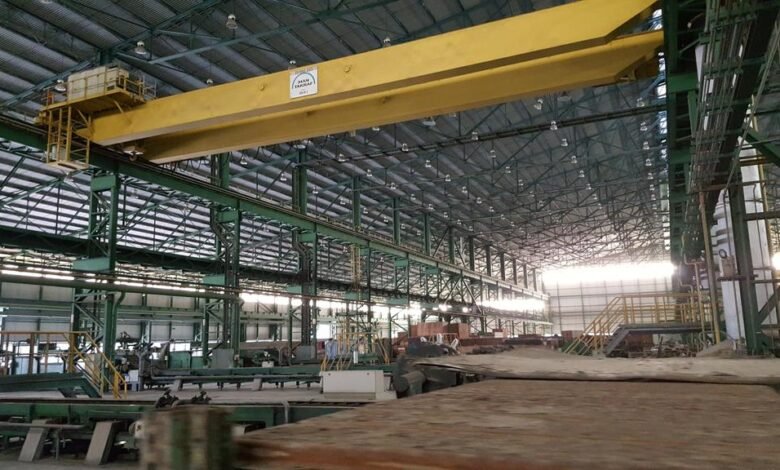The Federal Government says the full restoration of the Aluminium Smelting Company of Nigeria (ALSCON) in Ikot Abasi, Akwa Ibom State, will contribute about 540 megawatts of electricity to the national grid, a move expected to significantly strengthen Nigeria’s energy capacity and industrial base.
Minister of Power, Adebayo Adelabu, made the disclosure during an inspection visit to the plant on Monday. He affirmed the government’s readiness to reconnect the facility to the national grid and ensure the completion of the long-abandoned 330kV substation in the area.
Adelabu described ALSCON as a “vital industrial asset” that had suffered decades of neglect. Established in 1989 and completed in 1998, the multi-billion-naira plant has struggled to contribute meaningfully to the economy due to chronic power shortages and operational challenges.
He noted that with the Federal Government’s privatisation initiative in 2006, ownership of the plant was transferred to the Aluminium Smelting Company of Russia (RUSAL), but power supply constraints prevented full-scale operations.
“These huge investments have been idle for years because the plant has not been connected to the grid,” Adelabu said. “We are fully aware of its potential to generate employment, strengthen the aluminium value chain, and save Nigeria huge foreign exchange by reducing imports of raw materials.”
The minister revealed that the Federal Government, through collaboration with the Transmission Company of Nigeria (TCN) and the Niger Delta Power Holding Company (NDPHC), has mapped out both short- and medium-term strategies to restore power to the facility.
“We’ve agreed on immediate and medium-term solutions to reconnect this company,” he said. “Most importantly, ALSCON has the capacity to supply 540MW of power to the grid once operations resume.”
Read Also:
Nigeria to Partner China on Renewable Energy
Bayelsa signs Solar Panel production deal
Expert blames erratic power supply on political interference, lack of technical capacity
According to Adelabu, the plant’s installed capacity includes six turbines of 90MW each, all in functional condition. Once the 330/132kV substation and the Ikot Ekpene–Ikot Abasi transmission line are completed, the full capacity will be evacuated to the grid.
He added that engineers were exploring the possibility of expanding the plant’s capacity to 660MW by upgrading the open circuit line to a combined circuit, which would add about 20MW per turbine.
The minister pledged close supervision of the project to ensure completion within 90 days, noting that the first phase of reconnection would begin delivering results in the short term.
Adelabu further stated that ALSCON’s revival would create an estimated 15,000 direct and indirect jobs, enhance local aluminium production, and attract new investments into the downstream sector.
He reiterated the government’s determination to achieve widespread electricity access by 2030, in line with Nigeria’s Vision 2030 energy agenda.
The revival of ALSCON, once Africa’s largest aluminium smelter, marks one of the most ambitious industrial recovery efforts under the current administration a development analysts believe could reposition Akwa Ibom as a major industrial hub and boost Nigeria’s manufacturing competitiveness.






